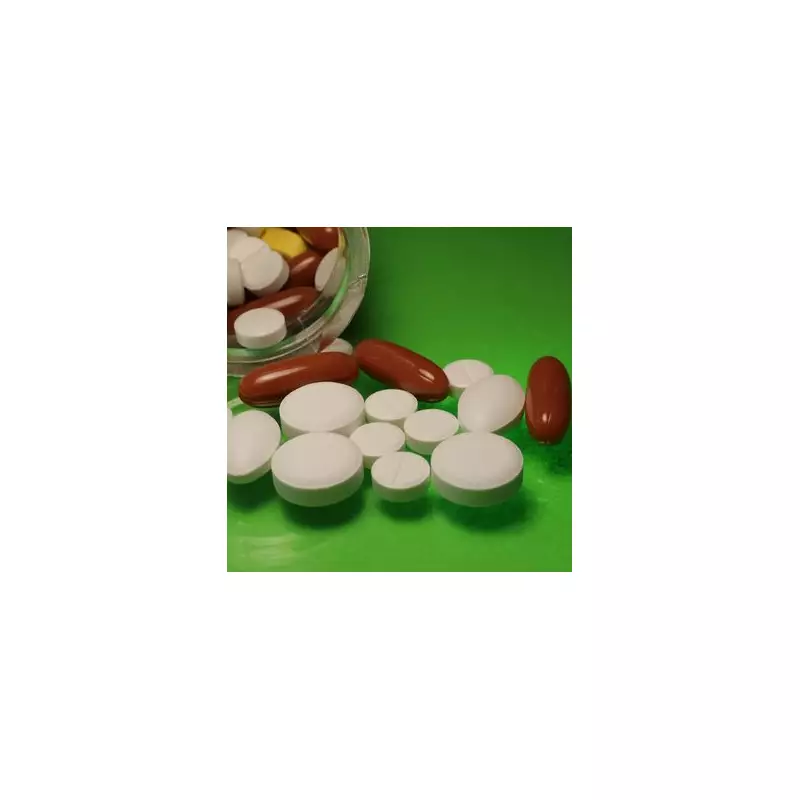
Millions of Britons routinely taking common over-the-counter medications could be putting their health at serious risk, according to a startling new medical alert.
The Hidden Dangers in Your Medicine Cabinet
Healthcare experts are issuing urgent warnings about everyday painkillers and cold remedies that millions rely on for minor ailments. These seemingly harmless tablets, available without prescription, have been linked to severe health complications affecting kidneys, stomach, and cardiovascular system.
Which Medications Pose the Greatest Threat?
The alert specifically highlights non-steroidal anti-inflammatory drugs (NSAIDs) including ibuprofen, naproxen, and diclofenac. These popular pain relievers, often used for headaches, muscle pain, and arthritis, may cause significant damage when used regularly or in high doses.
Cold and flu remedies containing similar ingredients also fall under scrutiny, particularly those marketed as multi-symptom relief formulas that may contain hidden doses of these potentially harmful compounds.
Recognising the Warning Signs
Medical professionals emphasise the importance of recognising early symptoms of medication-related complications:
- Unexplained fatigue and decreased urination output
- Swelling in hands, ankles, or around the eyes
- Nausea, vomiting, or loss of appetite
- Unusual drowsiness or confusion
- Shortness of breath or chest pain
Who is Most Vulnerable?
Certain groups face heightened risks from these common medications. Elderly patients, individuals with pre-existing kidney conditions, those with high blood pressure, and people taking multiple medications simultaneously should exercise particular caution.
"Many people assume that because these medicines are available without prescription, they're completely safe for regular use," explains a senior NHS pharmacist. "This dangerous misconception puts countless individuals at risk of serious health consequences."
Protecting Yourself: Essential Safety Measures
Healthcare authorities recommend several crucial precautions:
- Always follow recommended dosage instructions precisely
- Never exceed the maximum daily dose
- Avoid taking multiple products containing similar active ingredients
- Limit continuous use to the shortest possible duration
- Consult your GP or pharmacist before long-term use
The message from medical professionals is clear: while these medications provide valuable relief when used appropriately, their potential for harm demands respect and careful management.





